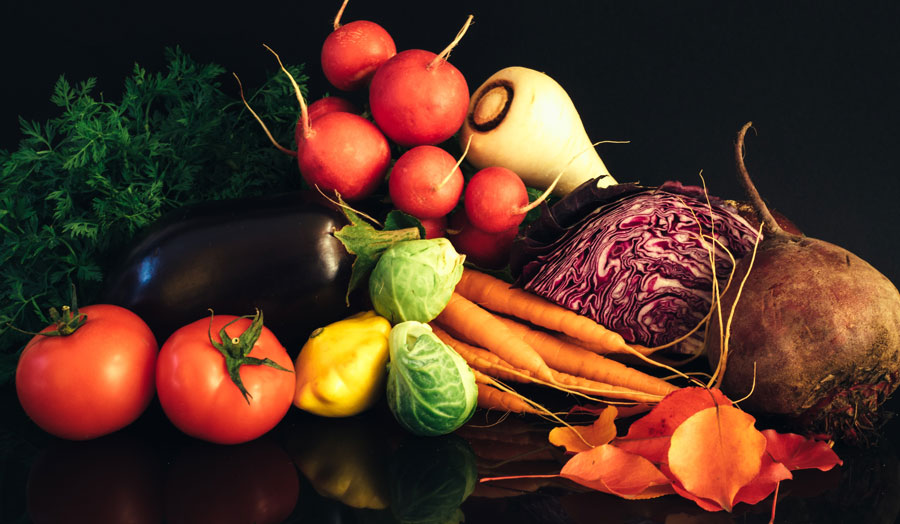We meet Syeda Ali, final year Dietetics and Nutrition MSc student, to discuss her research into the effects of the pandemic, and specifically lockdown measures, on people’s diets.
Date: 5 February 2021
Why did you choose to research how COVID has affected nutrition?
I was interested in how diet has been affected during the pandemic, especially during the lockdown measures. I specifically wanted to see how the diets of different ethnic groups were impacted during lockdown.
I wanted to see if there were any changes in how people are eating, whether it was for the better or worse, with all the restrictions that have been brought in over the last year. From my background reading, I found reports of individuals’ diets turning for the worse, as people turned to unhealthy choices and excessive eating due to stress, anxiety, and limited food options from others stockpiling during the early lockdown. Therefore, I wanted to investigate if this was true and whether the diets of specific ethnic groups were impacted more than others.
What was your method of research?
The study was designed to be observational and cross-sectional. A message was shared on the university’s bulletin board to recruit participants, which included information about the study and the link to the Google form. The same message was shared on Facebook. The target participants were adults from all backgrounds aged 18-60. Participants were asked about their social demographics such as ethnicity, age, gender, height and weight, as well as their well-being before and during the COVID-19 lockdown. They were asked to provide information about their diet before and during the COVID-19 lockdown, by selecting certain food items that they had consumed through the week, such as fruit and vegetables, and to provide information about their meat, sweets, and dairy intakes. They were then asked to complete a two-day food diary, which asked about the specific food they ate during one week-day and one weekend day, before and during the COVID-19 lockdown.
What were your findings? Did anything surprise you?
Overall, the diets of the majority of participants remained the same before and during lockdown. The biggest impacts were on individuals' mental health and physical activity, which decreased due to isolation and the restrictions on going outside. But what was surprising was that when the diets were compared across the different ethnic groups, it showed that there was a significant difference between the vitamin D intake of Asian and white participants before the COVID-19 lockdown. The medium intake for the Asian participants was 0.794ug, while for white participants it was 5.38ug. This suggests that participants who were white were consuming more vitamin D compared to their Asian counterparts. The recommended daily intake of vitamin D is 10ug, but none of the ethnic groups surveyed, on average, met these requirements with food alone (Asian=0.79ug, Black=4.62ug, Latina=2.65ug and white=5.38ug).
There was also a significant difference between Asian and white participants in Omega-3 intake before the COVID-19 lockdown. The medium intake for Asian participants was 0.0602mg and 0.6596mg for white participnts. This may be due to the white participants consuming more white and oily fish compared to their Asian counterparts.
Moreover, there were significant differences in the intake of vitamin C among the ethnic groups. The daily recommendation for vitamin C is 40mg and the medium intake for Black participants was 58mg, 78mg for Latina participants and 99mg for White participants. Whereas, the Asian participants were the only group whose vitamin C consumption averaged at under the daily requirements, with a medium intake of 39mg.

